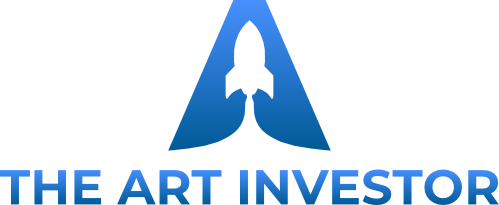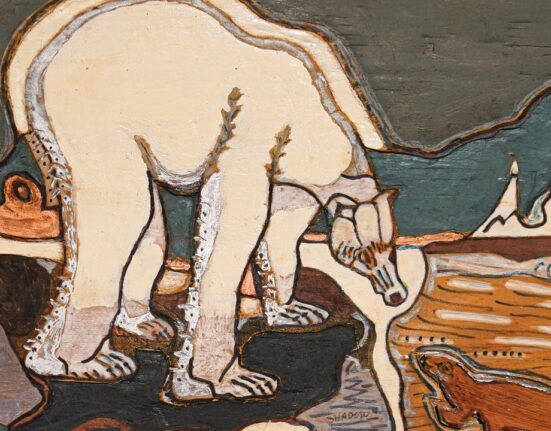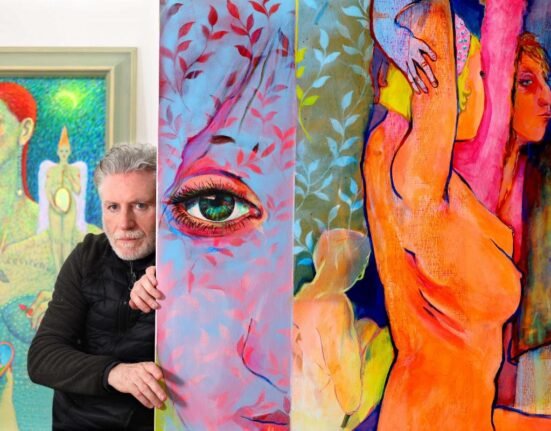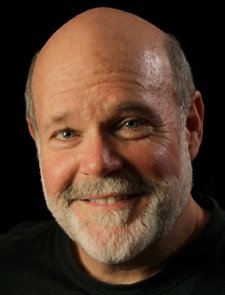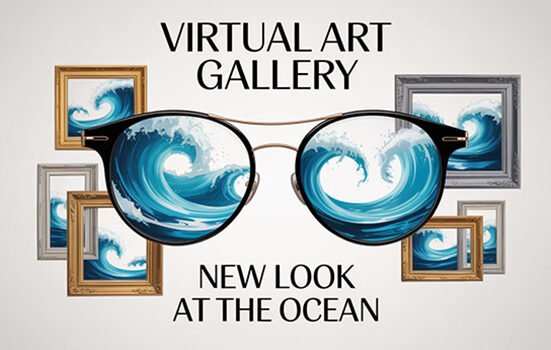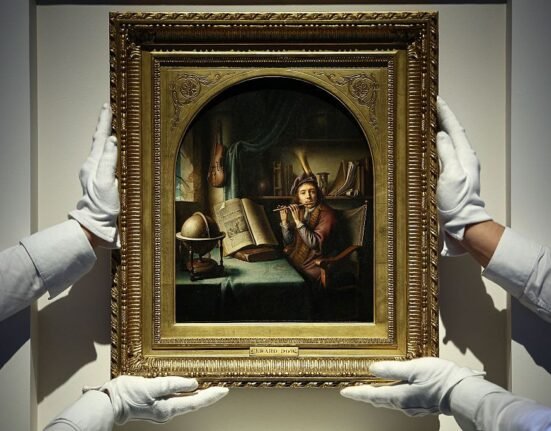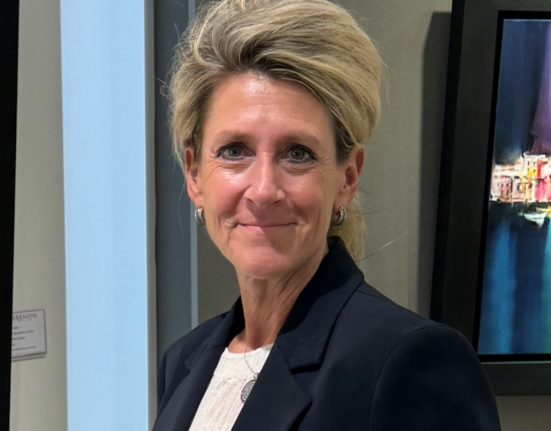What are your influences?
I’m more influenced by books, news, and media than by art. I’m quite critical of art, actually. My work starts with a question, almost like a hypothesis. For this project, I asked, “How can we reimagine democracy with citizens at the centre?” In previous projects, I’ve explored identity by wearing a VR headset for a week to experience another person’s reality. It’s about asking the right question and letting the process unfold.
What do you consider to be the most significant trends in digital art today?
There are two trends. One is discussing big concepts, like AI, without really addressing them. Some projects are fun but miss deeper issues, like the labour challenges AI brings. The second is the shiny, impressive presentations that lack substance. Many projects seem impactful only when the artist explains them, but they often fail to engage meaningfully with the social or political issues they claim to address. In my work, especially with Invisible Voice, I aim for real impact, changing collective behaviour, not just attracting attention. If I don’t see measurable change, the project fails.
Could you share details about the project you’ve developed during your stay at the UOC?
At UOC, I’ve focused on developing and scaling Invisible Voice – building the backend, mobile app and interactive artwork. A valuable part has been meeting researchers and NGOs, who provided input on their needs. We created a platform where people from different fields – researchers, activists, organizers – can connect by geography and interests. The idea is that local groups, like a small movement in Barcelona, can have more influence than scattered global efforts. It’s been a mix of technical and conceptual work, figuring out how to bring these people and tools together for impact.
What’s your opinion on how technology is changing the way audiences interact with art?
It’s a tough question. You could compare it to when the camera changed art. Now, we’re replacing the camera with digital technologies, fundamentally shifting how we define art, authorship and audience interaction. Technology disrupts things, but eventually, it all becomes centralized – like the internet settling with Facebook, Amazon, Google. Digital art is at that stage now, where it’s shiny and surface-level. For me, digital art is about understanding bigger systems and how individuals fit into them.
Have you collaborated with other researchers or departments at the UOC?
Yes, I’ve had enriching experiences here. HacTe has been wonderful, and I’ve met with many researchers, NGOs, and charities, which has helped improve the project. However, while this is framed as a research residency, it’s more of a production residency. We had to finish the artwork in six months, which was a huge technical challenge. That short timeframe made deep collaboration difficult. There’s not enough time to build relationships and explore research connections.
How could this process be improved?
There needs to be clarity: are we producing an outcome, or is it research-focused? If it’s about collaboration and research, there needs to be more time – at least a year, ideally two – to balance meeting, finding shared goals, time, collaboration, research failures and research successes. If it’s about production, we need clarity that this is outcome focused, so we can hit the ground running. Doing both in six months simply is not possible – in six months! After this residency ends, the plan is to start collaborations next year that we’ve identified as crossover points during this residency, but six months simply is not enough time for that.
What advice would you give to emerging artists?
Understand your funding, who your funder is and how your project aligns with their goals. But more importantly, be clear about what you want to achieve. Are you creating something because it looks good, or is there a meaningful message? Ask yourself if your work genuinely addresses the social issues you care about. Often, artists think they’re making a difference, but their work isn’t having the intended impact. Be honest with yourself about your goals and whether your art truly creates social change.
